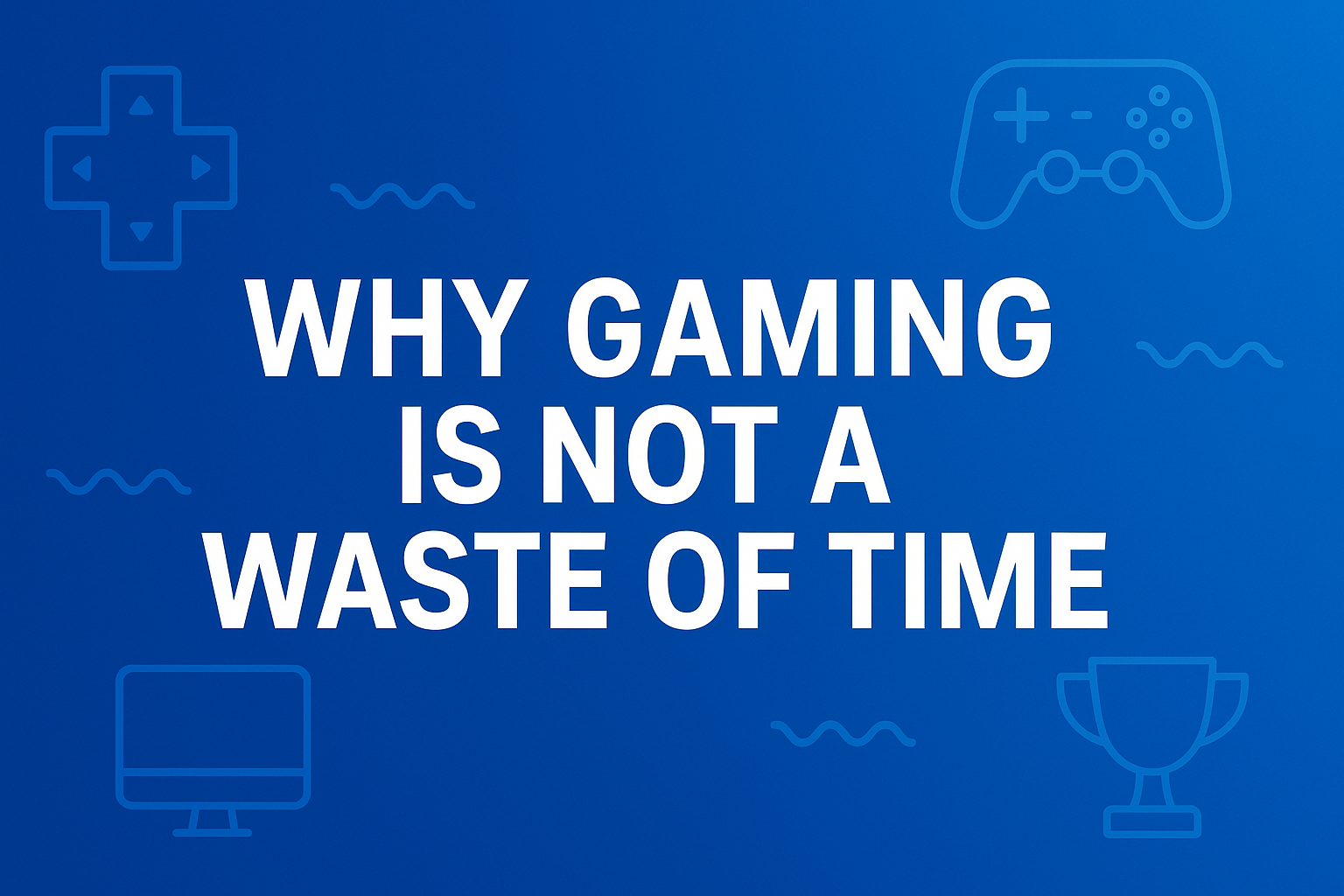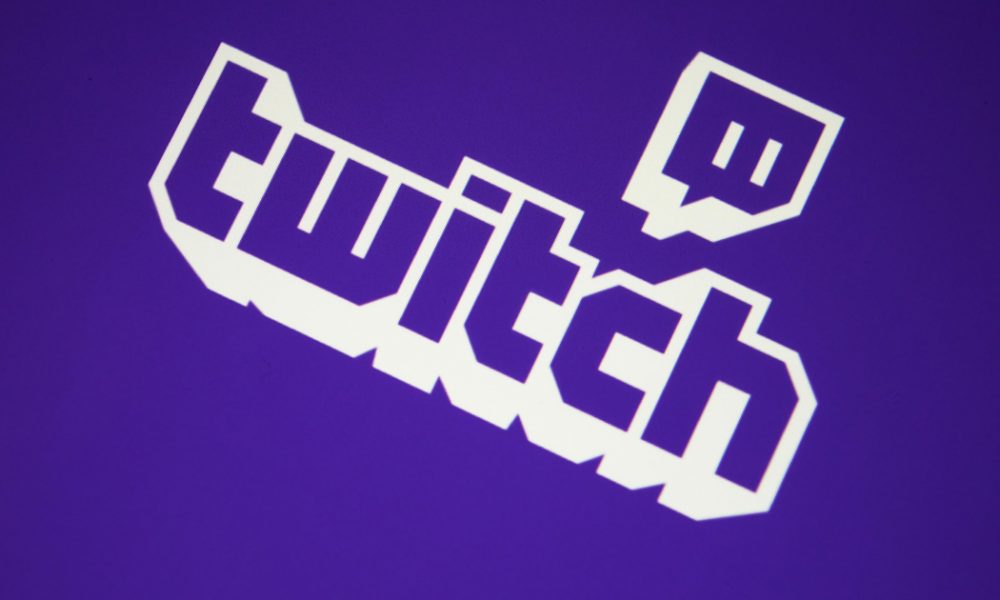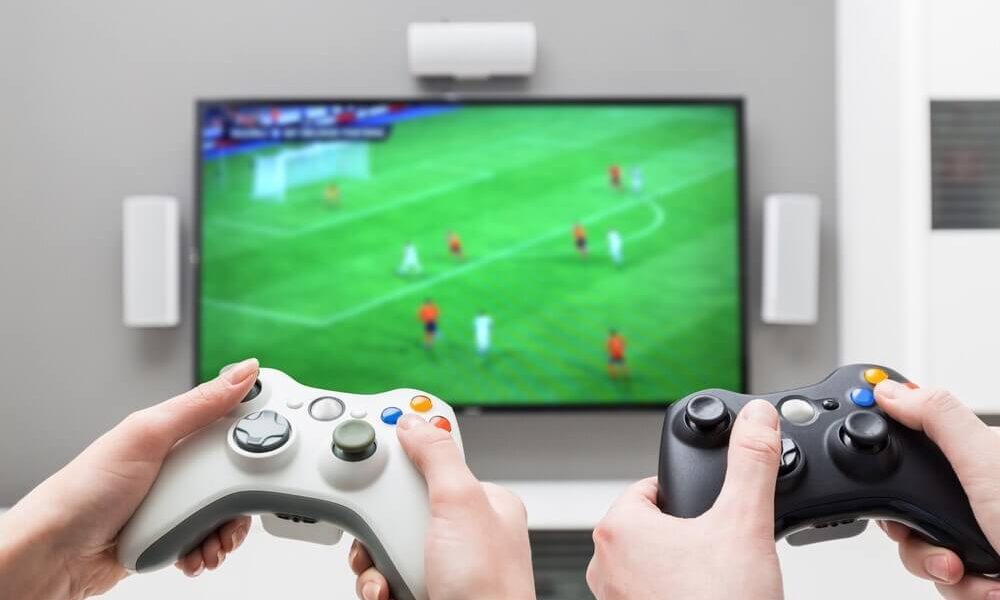Many people think playing video games is a waste of time. But that is not true. Science shows that gaming can be good for the brain and body. It helps people learn, think fast, and feel better.
Gaming can benefit kids, teens, and even adults. It is not just fun; it can also teach useful skills. Some games improve memory, while others teach teamwork or problem-solving. Games can also reduce stress.
In today’s world, games are used in schools, offices, and hospitals. Of course, too much gaming is not healthy. But when played in balance, games can be very helpful.
Let’s look at ten science-backed reasons why gaming is not a waste of time.
-
Improves Brain Function
Playing games is like exercise for the brain. It helps the brain stay sharp and active. Many games need focus and quick thinking. This makes your brain work faster. Games also improve memory.
You remember steps, rules, and tasks. This helps your brain grow stronger. Some games train you to pay attention. Others help you plan and solve problems. These skills are useful in real life, too.
Studies show that gamers often do better in tests. Games also help older people keep their minds fresh. So, gaming is not just fun, it is also good for your brain.
-
Boosts Problem-Solving Skills
Many games have puzzles and challenges. Players must think before they act. They must find smart ways to win. This helps the brain learn how to solve problems. Some games require players to make a plan.
Others need quick thinking to fix problems fast. Every level has a new task. You learn from your mistakes and try again. This builds strong problem-solving skills. These skills help in school and life.
You learn to stay calm and think clearly. Solving game problems is like solving real-life problems. So, gaming helps you become a better and smarter thinker.
-
Increases Hand-Eye Coordination
Hand-eye coordination means your eyes and hands work well together. Many games help improve this skill. In action games, you watch the screen and move quickly. You press the right buttons at the right time.
Your brain, eyes, and hands must work fast. This trains your body to react better. It also helps you control your movements. People who play games often have faster reflexes.
They can respond quickly in sports or daily life. Even doctors and pilots use games to train their hands and eyes. So, gaming is not just fun, it helps your body and brain work better.
-
Reduces Stress and Anxiety
Games can help you feel calm and happy. When you play, you forget your worries for a while. Your mind takes a break from stress. This helps you relax. Some games are peaceful and slow.
Others are fun and exciting. Both types can make you feel better. Playing games can also release happy chemicals in the brain. These chemicals improve your mood. Many people play games after work or school to feel good.
Games can also help people with anxiety feel safe and focused. So, gaming is a healthy way to rest your mind and feel less stressed.
-
Encourages Social Connections
Many games let you play with other people. You can play with friends or meet new people online. This helps you feel less lonely. You learn to work as a team and talk to others.
Some games need players to help each other win. This builds trust and friendship. You also learn to share, listen, and take turns. Talking with others in games can make you feel happy.
You can play with people from different places. This helps you understand different cultures. So, games are not just for fun, they help you make friends and improve social skills.
-
Teaches Goal Setting
Games often have levels, missions, or tasks. To win, you must reach a goal. This teaches you how to set goals. You learn to plan steps to finish a level. You work hard to reach the goal.
Sometimes you fail, but you try again. This builds patience and discipline. You learn to focus and not give up. These are good habits for school and life. Goal setting helps you grow and improve.
Games show that small steps lead to big success. So, playing games helps you set goals, stay motivated, and keep trying until you succeed.
-
Enhances Decision-Making Skills
Many games move fast and need quick choices. You must decide what to do in just a few seconds. This helps your brain think faster. You learn to look at problems and choose the best answer quickly.
In some games, one small choice can change everything. So, you learn to think before you act. You also learn from your mistakes. This builds better decision-making skills.
These skills are helpful in real life, too. You can make smart choices at school, work, or home. So, games are not just fun, they help you become a better decision-maker.
-
Supports Learning and Education
Some games help you learn new things in a fun way. Some games teach math, history, or science. They make learning interesting and exciting.
For example, you can solve puzzles to practice math or explore virtual worlds to learn about history. Games help you remember information better because you enjoy playing.
Teachers also use games in classrooms to make lessons fun. Games help you learn new skills like reading or problem-solving. So, gaming is not just about fun; it can be a useful tool for education and helps you learn without feeling bored.
-
Promotes Creativity
Games can help you think in new ways. Many games, like Minecraft, let you build and create things. You can design houses, cities, or even entire worlds. This helps your imagination grow.
You think of new ideas and figure out how to make them real in the game. Creative games also let you make art, music, or stories. This helps you express yourself in different ways.
The more you play, the more your creativity improves. These games show that playing can make you more creative in real life, too. So, gaming helps your mind become more inventive and imaginative.
-
Can Lead to Careers
Gaming can lead to real jobs. Many people work in the gaming industry. They design, develop, and test games. Some people become professional gamers and compete in tournaments.
These gamers can win money and prizes. There are also jobs in game marketing, writing, and animation. If you love gaming, you might even create your own game one day. Skills like coding, design, and teamwork can help you in these careers.
So, gaming is not just for fun, it can help you build skills for a job. Some people even make a living playing games.



